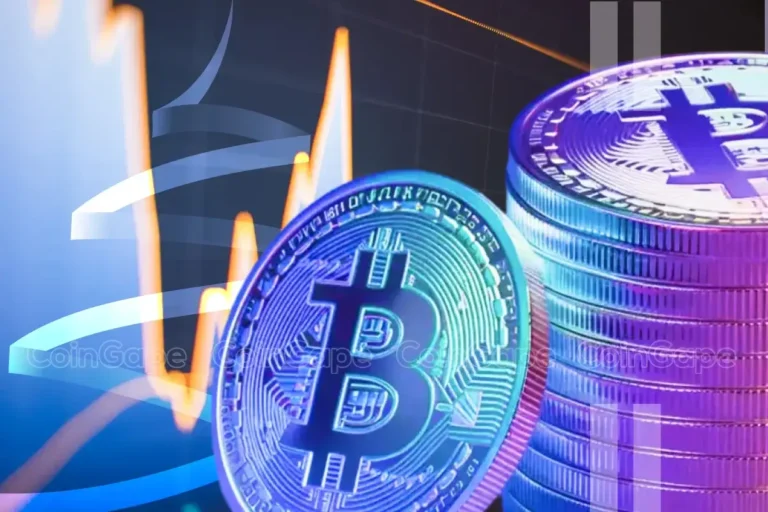Cardano’s Economic Evolution: Proposal to Drastically Cut Treasury Tax Sparks Community Interest

- A proposal in the Cardano community suggests reducing the treasury tax from 20% to 5%, potentially altering the funding mechanism significantly.
- The reduction could attract more Stake Pool Operators (SPOs) to join, potentially impacting ADA’s market performance positively.
A proposal to slash Cardano’s treasury tax from 20% to 5% has surfaced, potentially reshaping the blockchain’s financial landscape. Spearheaded by @SmaugPool and sparked by Earn Coin Pool’s initiative, this substantial change hinges on community consensus through a voting process.
The treasury, a pivotal element in Cardano’s network, is a reservoir for funds essential in fostering ecosystem sustainability and evolution. It plays a crucial role in financing development and supporting community-led ventures like Project Catalyst, overseen by the Cardano Foundation, to ensure alignment with the network’s growth trajectory.
The heart of the proposal revolves around the treasury tax rate, aiming for a substantial cut that could fundamentally reshape the blockchain’s economic model. This move necessitates a transparent discussion on the “tau” parameter, influencing the treasury’s size and potential adjustment intervals.
Stake Pool Operators and Network Evolution
Stake Pool Operators (SPOs) are pivotal in Cardano’s proof-of-stake system responsible for transaction verification and network security. This proposed tax adjustment might attract more SPOs, democratizing network validation and enhancing its robustness and appeal to users.
The current treasury tax of 20% allocates a significant portion of transaction fees to the treasury, aiding its steady growth. Observing ADA’s price trajectory, which remains resilient but has yet to break the $0.40 ceiling, the proposed tax cut could be a turning point. Could it fuel increased user and transactional demand for ADA? This question hinges on community consensus and time.
The proposed reduction in Cardano’s treasury tax marks a pivotal moment, potentially reshaping the network’s economic dynamics and community participation in funding its growth and development.
















